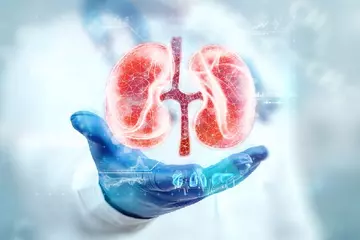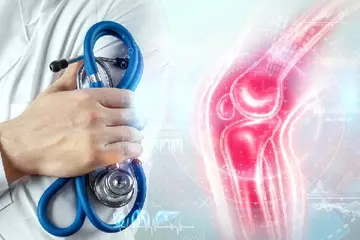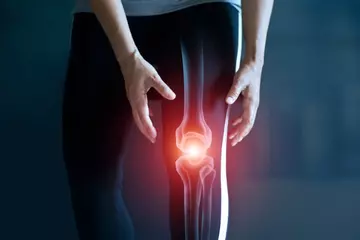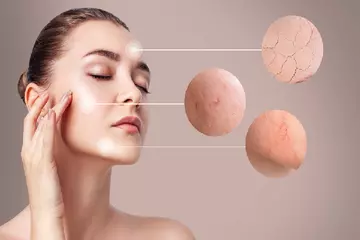We all feel cold in the winter months when the temperature drops significantly. And most of us are also familiar with the feeling of being chilled to the bone by an overactive air-conditioner in the office! For most of us, though, the feeling passes—layering up with warm clothes remedies the situation in the day time, and at night, we bring out our heavy blankets and jackets and go on with life as usual.
However, some people are perpetually cold. Even when others around them are not feeling cold, they may need to be bundled up to feel comfortable. This is known as cold intolerance.
Cold intolerance is defined as the inability to tolerate cooler temperatures, to the point that it becomes disruptive to the regular functioning of life. Cold intolerance is not a disease per se, but is a symptom of an underlying condition. Most often, the underlying condition is hypothyroidism, anorexia nervosa, anaemia, blood vessel disorders such as Raynaud’s disease and atherosclerosis, or fibromyalgia.
There may even be disorders related to the hypothalamus, which is the region of the brain that controls body temperature and guides the release of thyroid.
Injuries that cause nerve damage can also lead to cold hypersensitivity; this is seen most commonly in the hands and feet.
Treatment depends on the underlying condition, as does prognosis. Often, cold intolerance can be because of poor overall health or lifestyle issues such as insufficient nutrition.

 OTC Medicines for Cold Intolerance
OTC Medicines for Cold Intolerance
























